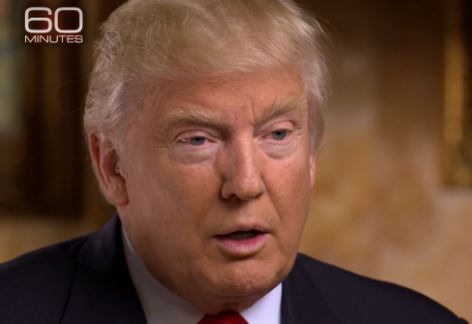Academic Gets The Right Wrong

In the Chronicle Review, a Stanford historian interviews George Nash, distinguished chronicler of the political right, with the pretty tacit intent of bashing Trump supporters.
“It might be preposterous in this, the year of Trump, to even think about conservatism as an intellectual movement,” Jennifer Burns writes. “Trump’s unexpected rise seems to lay bare a simple fact — that conservatism has not only lost the battle of ideas but ceded the terrain of sophisticated thought altogether.”
“But a deeper understanding of the intellectual currents that have coursed beneath modern conservatism is essential to explaining why those currents now appear to have dried up.” By the way, unlike the last two Republican presidents, the president-elect has actually moved further to the right since winning election to the Oval Office.
In attempting to explain the history of conservatism, which Nash chronicled meticulously, she portrays a philosophy in action that few conservatives would recognize. “Yet today the most obvious political progeny of the movement Nash defined — nationally known conservatives like Paul Ryan, Mitt Romney, and Jeb Bush — struggle to remain relevant,” Burns writes.
Few conservatives I know, and I know many, would recognize those three as fellow travelers. Nevertheless, arguably her assessment is partially correct: Like academics, they are struggling to remain relevant.




